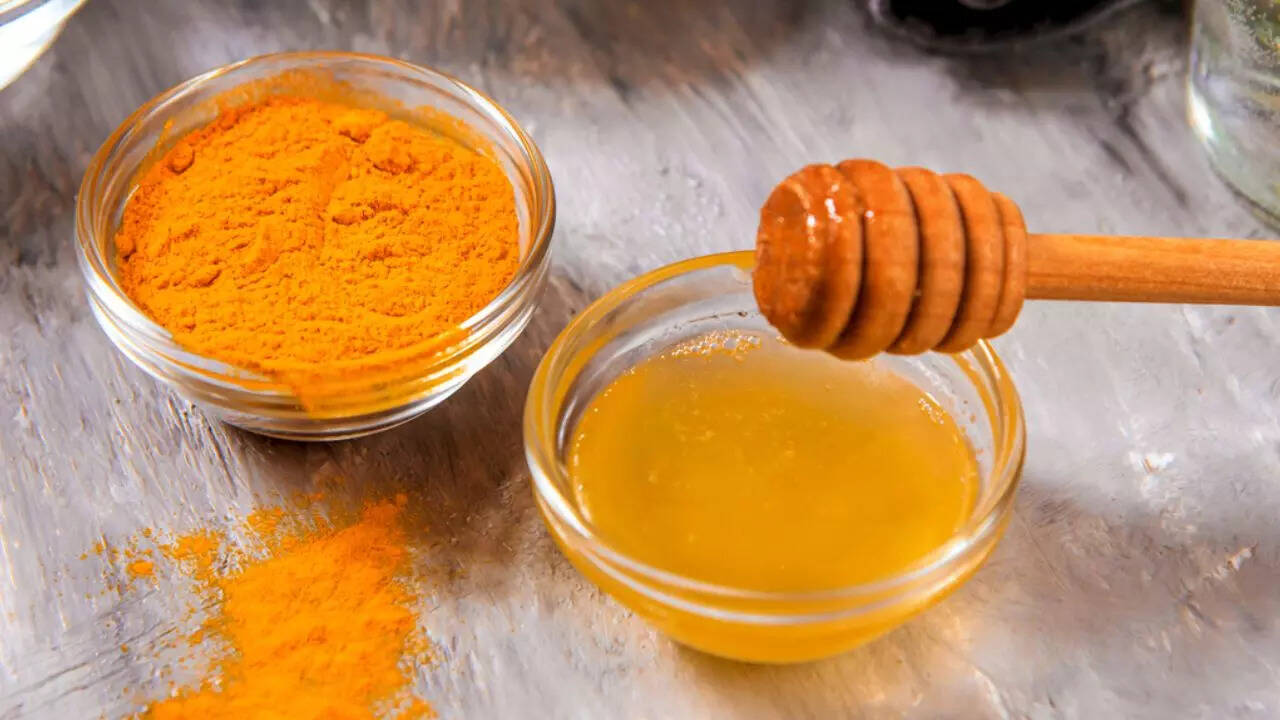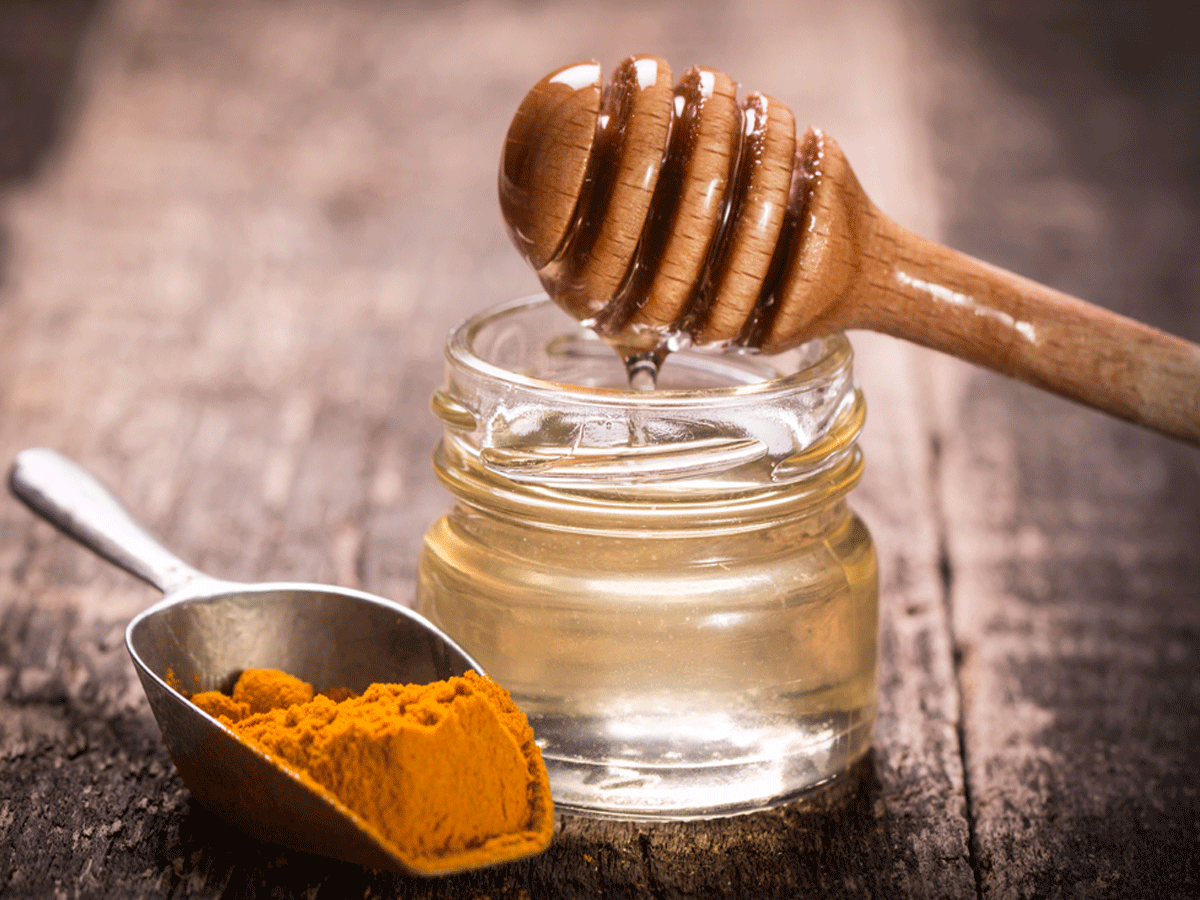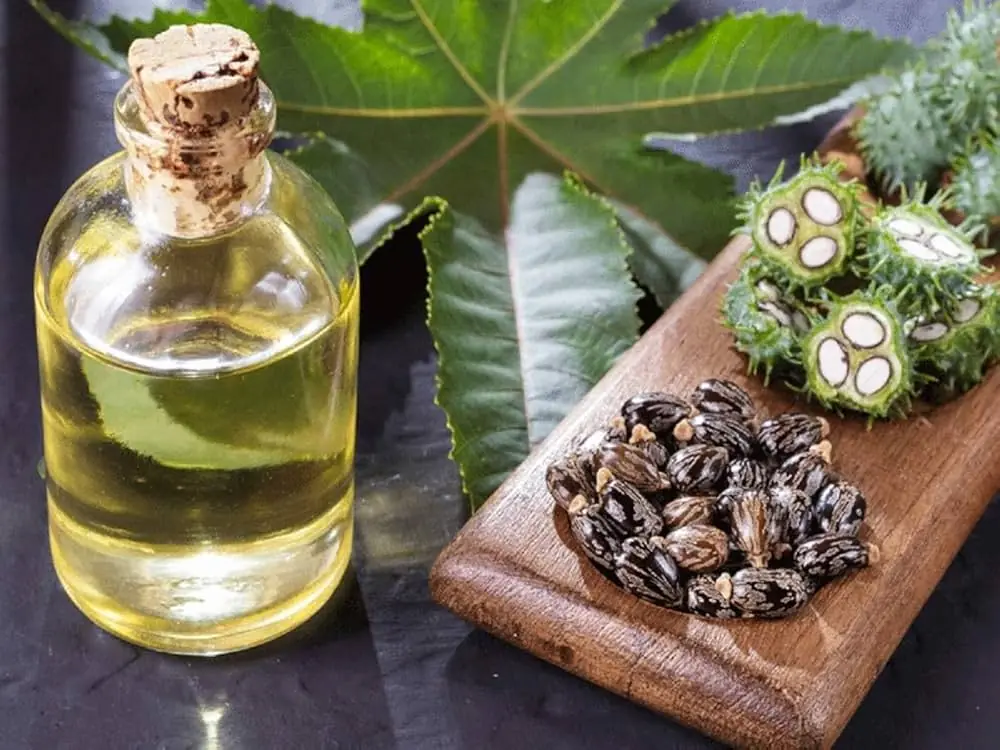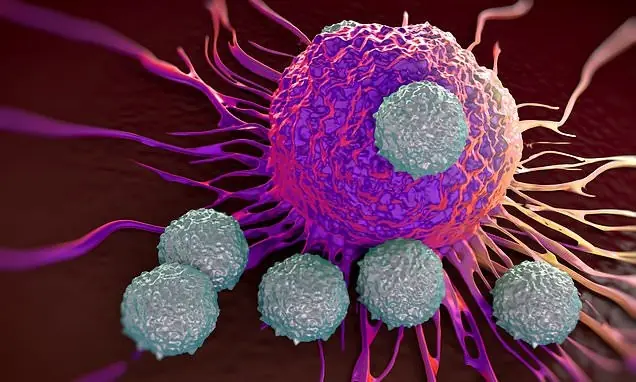Evidence-Based Health Benefits of Raw, Pure, Natural Honey + Turmeric Golden Honey Recipe
Raw honey is an excellent addition to your diet. The health benefits of consuming pure, raw honey include boosting your immunity, improving digestive health, and potentially preventing heart disease. Drinking honey water regularly can also contribute to your overall well-being.
The healing power of honey extends to topical applications too. Its antimicrobial properties can accelerate the healing of wounds and burns. You can also use honey as a natural, moisturizing, and healing face mask. Studies have shown honey to possess antimicrobial, antiviral, anti-inflammatory, antioxidant, and even antitumor properties [1].
Another compelling reason to consume pure natural honey is its role as a healthy and natural sweetener. Incorporating honey into your drinks or food provides energy while helping you reduce your consumption of processed sugar.
This article will delve into the numerous benefits of raw and unfiltered honey, discuss its nutritional content, and address common questions about its caloric value and potential for weight gain. At the end, you'll find a powerful recipe for turmeric golden honey, known for its significant healing potential.

What is Raw Honey?
Raw honey is a thick, sticky substance produced by bees. It is characterized by being unfiltered, unpasteurized, and unprocessed in any way. The International Journal of Food Properties states that raw honey is collected directly from beehives and merely strained to remove impurities [1]. For instance, the Utah State Legislature defines raw honey as the type that exists in the beehive, obtained by straining, settling, or extracting the sweet substance produced by honey bees [2].
In its "raw" state, honey retains essential minerals, proteins, vitamins, and organic acids, all contributing to a multitude of health benefits.
Raw Honey vs. Processed Honey
The primary reason raw honey is so beneficial is that minimal processing preserves all of its natural properties. Commercially produced honey is typically heated and filtered, a process that destroys many of its beneficial compounds. Researchers indicate that thermal processing in commercial honey leads to a poorer quality product [1].
Honey is often filtered and processed to appeal to consumers who prefer a clean and clear appearance. However, what looks "prettier" is not necessarily healthier. Raw honey can be strained to remove impurities like bits of dead bees, wings, or beeswax, but the mesh should allow pollen, minerals, and enzymes to pass through [2].
When seeking honey for its health benefits, always choose raw, unprocessed honey. If possible, opt for organic honey to ensure it doesn't contain pesticides. Studies consistently highlight the high nutritional value and immense health benefits of raw, natural honey.

Honey Nutrition
Pure honey is a highly nutritious food, packed with beneficial components that can strengthen your immune system. Studies on the nutritional value of raw honey show it contains fructose, small amounts of amino acids, enzymes, proteins, vitamins, minerals, aroma compounds, and antioxidants (polyphenols) [3]. The specific nutritional value can vary depending on the types of flora the bees have pollinated.
One tablespoon of raw honey (21 grams) contains approximately 64 calories, accounting for about 3% of your recommended daily intake. The main carbohydrates in honey are fructose and glucose [4]. Although it's a high-carbohydrate food, honey's glycemic index ranges between 32 and 85 [4]. The most significant nutritional benefits of raw honey come from its plant compounds, polyphenols and flavonoids, which contribute to its antimicrobial and antioxidant properties.
The Health Benefits of Raw Honey
Let's explore the many advantages of raw honey and understand why it's so good for you.
-
Raw Honey Is Rich in Antioxidants Honey can boost your health due to its high concentration of antioxidants. Scientific research on unprocessed honey reveals it contains potent antioxidants. Honey's antioxidant properties are believed to result from the combined activity of various compounds, including phenolics (aromatic compounds), peptides (proteins), organic acids, and enzymes [5].
One study on the effects of drinking honey water found that regular consumption increased antioxidant levels. Participants who consumed 1.2g/kg body weight of good quality honey in 250 ml of water showed a marked increase in antioxidant agents, improved blood indices, and liver enzymes after two weeks [6]. Another study demonstrated that buckwheat honey in water also offers antioxidant-related health benefits [7]. Research indicates a correlation between honey color and antioxidant capacity, with darker honeys providing higher levels of antioxidants than lighter ones [34].
-
Raw Honey Has Antibacterial Properties One significant reason why raw, unfiltered honey is beneficial is its strong antibacterial activity. A review of studies on using honey to treat bacterial infections found it has wide medicinal uses. Honey's antimicrobial effect promotes wound healing when applied topically. It also exhibits antibacterial effects against strains of bacteria like E. coli, Salmonella enterica, and Staphylococcus aureus [8].
A traditional remedy for colds or flu is hot water with honey, lemon, cinnamon, and ginger, recommended every two hours.
-
Manuka Honey Can Help Treat H. Pylori Bacteria and Other Infections Manuka honey stands out for its unique medicinal properties. A 2017 study found that Manuka honey possessed superior antibacterial properties compared to other types of honey, with Manuka honey with 20 UMF being most effective at eliminating various bacterial infections [9].
Natural Manuka honey can help treat the H. pylori strain of bacteria, which causes the majority of peptic ulcers. A 2016 study found that natural Manuka honey helps inhibit H. pylori infections [11].
-
Raw Honey Consumption Can Improve Digestion Consuming raw honey can greatly benefit your digestion by improving your gut microflora. Research has shown that honey contains over 180 beneficial compounds, some of which enhance gastrointestinal health. For instance, honey helps stimulate colonic probiotic bacteria and can aid in eliminating toxins from the gut. Regular consumption of honey or honey water can also help prevent chronic diseases linked to poor diet [10].
-
Raw Honey Can Help You Lose Weight Incorporating raw, unfiltered honey into your diet can assist with weight loss and serves as an excellent natural alternative to unhealthy sweeteners. Honey can help suppress appetite because its enzymes act as appetite suppressants. Researchers found that honey can inhibit the "hunger" hormone ghrelin, suggesting an "obesity protective" effect [12].
Despite being a type of sugar, the beneficial compounds in pure honey offer many health advantages. One study found that simply substituting natural honey for sugar led to mild weight loss and a significant reduction in blood fat and cholesterol levels [13].
-
Raw Honey Can Boost Brain Health Regular honey consumption can enhance cognitive function and benefit brain health. Research into the antioxidants in raw honey has revealed their neurological protective effect. One study found that honey limits the impact of oxidative stress in the brain [14]. Other mental health benefits of consuming honey include improved memory, protection against tissue damage, and potential prevention of neurodegenerative diseases [14].
-
Raw Honey May Help Prevent Heart Disease Taking a spoon or two of pure, natural honey daily can help improve cardiovascular health and potentially prevent heart disease. A review of multiple studies on honey's effect in preventing cardiovascular disease found that its natural antioxidants have a heart-protective effect. Researchers reported that compounds in honey help prevent "bad" cholesterol, reduce blood pressure, and improve blood flow [15]. Studies have shown that the beneficial effect of raw honey on the cardiovascular system helps protect against stroke, heart attacks, and blood clots.
-
Raw Honey Can Lower Cholesterol in Some People Regularly including honey in your diet can also help lower cholesterol and lipid levels (a type of fat in the blood). The key is to substitute refined sugar with raw honey. The journal Nutrition & Metabolism reported that processed sugar raises cholesterol levels, and trials have shown that replacing refined carbohydrates with honey can result in lower cholesterol levels [16].
-
Raw Honey Is a Natural Cough Syrup One teaspoon of honey contains about 21 calories and can effectively soothe an irritating cough. Research suggests that two teaspoons of honey are more effective at suppressing a cough than medicated cough syrup. One trial comparing buckwheat honey to dextromethorphan (a popular OTC cough syrup) found that honey was more effective at reducing nighttime coughing in children [17].
In 2018, the National Health Service in the United Kingdom reported research showing that a spoon of honey is more effective than antibiotics for treating an acute cough. Doctors recommend drinking honey and warm water to help treat cough symptoms. Adding two teaspoons of natural honey to a glass of warm water with lemon juice can have a similar effect to many OTC cough medicines [29].
-
Raw Honey Is Beneficial for The Skin There are several reasons to use honey on your skin to moisturize and reduce the appearance of blemishes.
-
Natural Honey Protects Your Skin: Free radicals are linked to premature aging, and honey helps protect skin cells from DNA damage. A 2016 review of studies on honey in skincare found its antioxidant effect has a therapeutic impact on the skin. Honey has been associated with treating psoriasis, cold sores, dermatitis, and fungal skin infections [18]. Applying a drop of natural honey on pimples before sleep can help. Honey also dries wounds and prevents skin irritation and inflammation.
-
Raw Honey Acts as an Antiseptic: Many studies provide scientific evidence that honey possesses antimicrobial properties when applied topically. Honey can help destroy various bacterial pathogens and treat different skin disorders [19].
-
Pure Honey Has Moisturizing Properties for Your Skin: A review of honey's traditional medicinal uses highlights it as a natural moisturizer for your skin. Using raw or natural honey in face masks helps soften skin and prevent signs of premature aging [20]. Honey is also excellent in baths for its healing and softening properties. You can apply it directly to rough skin or dissolve it in water and add to your bath. For dry or chapped lips, apply a little honey and leave it for a few minutes to soften them.
-
Honey Anti-Aging Mask: Mix 2-3 tablespoons of honey with 7 drops of evening primrose oil (aids skin cell reconstruction). Add 1 drop each of lavender essential oil (soothing and antiseptic) and sandalwood essential oil (maintains healthy skin, soothing, highly effective for mature and dry skin). Apply the mask to a clean face, wait for half an hour, then rinse with warm water.
-
Raw, Natural Honey Helps Wounds Heal Faster The antioxidant, antimicrobial, and antiseptic properties of raw honey can accelerate wound healing. A review of medical studies on honey's wound-healing potential found it to be a good therapeutic treatment for burns. Researchers discovered that honey moisturizes the wound, provides a protective barrier, kills microbes, and has a low pH. All these properties combine to make natural bee's honey an effective natural treatment for burns and wounds [21]. In fact, one review of over 100 burn patients found that a natural honey wound dressing was more effective than silver sulfadiazine, with wounds healing two weeks quicker on average [22].
-
Raw Honey Can Ease Allergy Symptoms (Hay Fever/Allergic Rhinitis) Raw honey's ability to boost your immune system can help ease symptoms of allergic reactions. One trial found that consuming about one tablespoon of raw honey 3 to 4 times a day helped improve symptoms of allergic rhinitis (hay fever). After four weeks of honey therapy, there was a marked improvement in hay fever signs, with honey being as effective as a pharmaceutical antihistamine [23].
However, some individuals should avoid honey if they are allergic to its components. Researchers have found that honey allergies could be due to pollen, botanical source, or traces of bee venom in the honey [24].
-
Raw Honey Can Benefit Diabetic Patients Even though honey is high in carbohydrates, it has a moderate glycemic index and can be a healthier alternative to sugar for diabetics. A study on the benefits for diabetic patients drinking honey water found that, when compared with dextrose or sucrose, honey caused a lower increase in plasma glucose levels [25].
Other studies have shown that consuming raw honey can have a beneficial effect on the blood lipids of diabetics. In an 8-week randomized clinical trial, diabetics who consumed honey had lower cholesterol levels and reduced body weight [26]. However, Dr. Regina Castro from the Mayo Clinic emphasizes that honey can still affect blood sugar levels. As honey is sweeter than sugar, less can be used, but it's still crucial to count total carbohydrate consumption [27].
The Health Benefits of Honey Water
One of the best ways to strengthen your immune system and reap all the amazing benefits from honey is to drink honey water daily. Daily consumption of honey in warm water is an easy habit to adopt. To truly boost your general health with honey and warm water, follow these steps:
-
Mix 1 to 2 teaspoons of raw, natural honey in a glass of warm water.
-
Add some lemon juice to enhance the antioxidant power of the honey water.
-
Drink the warm honey water on an empty stomach first thing each morning for best results.
Turmeric Golden Honey Against Infections
The blend of raw honey and turmeric offers powerful healing potential. It can be used for bacterial and viral infections, as an anti-inflammatory remedy for seasonal allergies, and as a general immune booster. This natural mix promotes beneficial gut flora and can improve digestion. As mentioned, honey has antibacterial properties, and turmeric boasts antimicrobial and antifungal properties. Curcumin, turmeric's main active ingredient, has shown potential in several studies to kill bacteria and viruses [30, 31, 32, 33].
Ingredients:
-
100 grams (3.5 oz) raw honey
-
1 tablespoon turmeric powder
-
A pinch of black pepper (to optimize turmeric absorption and bioavailability)
Optional additions for extra kick and benefits:
Preparation: Add the turmeric powder and black pepper to the honey and mix well until smooth. If using lemon zest and apple cider vinegar, add them as well. Store the mixture in a (preferably glass) airtight container in the fridge for up to two weeks (do not consume if it develops a metallic taste).
Instructions for Use:
The amount you take depends on your needs and health concerns.
-
For general immune support and seasonal allergies: Take 1 tablespoon daily.
-
For cold or flu recovery: On the first day, take half a teaspoon every hour. On the second day, take half a teaspoon every 2 hours. On the third day, take half a teaspoon three times a day.
-
For respiratory conditions (asthma, bronchitis, lung problems): Consume half a teaspoon three times a day.
You should keep Golden Honey in your mouth until it's completely dissolved.
Tips:
-
The blend can be used as a toast topping. Spread a generous amount of Golden Honey over your whole grain toast for breakfast.
-
Add it to your green smoothie.
-
You can also use the mixture to make tea or a warm tonic. It's very tasty with added lemon. Just mix one tablespoon of Golden Honey with a cup of hot water and enjoy.
Cautions: Turmeric should not be taken by people with gallbladder problems, as the spice causes contraction of gallbladder muscles. It also lowers blood pressure and blood sugar levels. While generally positive, if you already have low blood pressure or issues with blood sugar, consult your doctor first.
Side Effects and Precautions of Raw Honey
Honey is a natural food consumed as medicine for thousands of years. Most adults and children can safely consume 2 or 3 tablespoons of raw honey daily without adverse side effects.
However, honey is not recommended for children under 12 months of age. You should also avoid honey if you have a pollen allergy, as allergies to honey could be due to pollen, botanical source, or traces of bee venom [28].





























